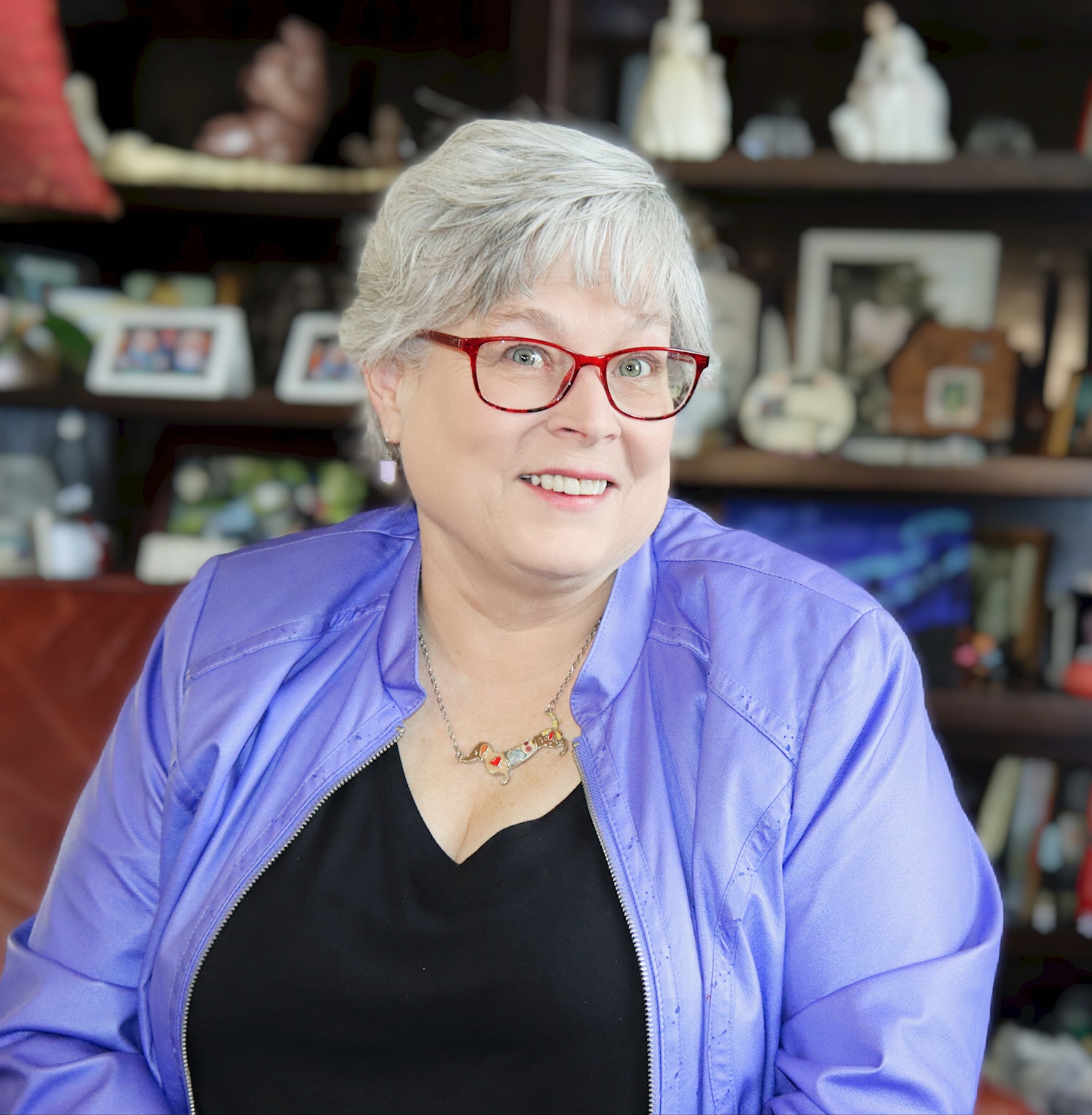
Bridging Communities: Genealogical Insights from Ethnic and Immigrant Aid Societies
Bridging Communities: Genealogical Insights from Ethnic and Immigrant Aid Societies
Many women played crucial roles in ethnic and immigrant aid societies, helping new arrivals adjust to their adopted homelands. These organizations provided social services, education, and community support, leaving behind records that can be invaluable for genealogists. While traditional records may omit details about female ancestors, aid society records often document women’s contributions, social networks, and migration patterns.
Why Ethnic and Immigrant Aid Society Records Matter
Women in ethnic aid societies often acted as translators, educators, and social workers, forming strong community ties. Records from these organizations can reveal:
Membership and Volunteer Lists – Providing names, addresses, and affiliations.
Case Files – Documenting assistance provided, sometimes including personal histories and family details.
Meeting Minutes and Reports – Offering insights into community involvement and leadership roles.
Newsletters and Publications – Featuring names and stories of active members and beneficiaries.
Oral Histories and Interviews – Capturing firsthand accounts of women’s experiences in aiding immigrant communities.
These records can illuminate the lives of women who otherwise remain invisible in conventional genealogical sources.
Where to Find Ethnic and Immigrant Aid Society Records
National and Regional Archives
Many government archives preserve records of ethnic and immigrant organizations, including:
Library and Archives Canada – Collections on immigrant settlement organizations and ethnic community groups.
US National Archives – Documents related to immigration aid societies and community relief efforts.
Provincial and State Archives – Holdings of regional aid organizations and settlement house records.
Ethnic Heritage Centers and Historical Societies
Many communities maintain cultural heritage centers that store records of past aid efforts. Examples include:
Jewish Genealogical Societies – Holding records of mutual aid societies that assisted Jewish immigrants.
Chinese Benevolent Associations – Documenting financial and legal assistance provided to Chinese immigrants.
Italian and Irish Heritage Organizations – Archiving information about early immigrant assistance efforts.
Religious and Charity Archives
Many religious organizations ran aid societies dedicated to specific immigrant communities. Church archives and charity organizations such as Catholic Charities and Jewish Family Services may hold:
Baptism and marriage records tied to settlement programs.
Records of women who worked as volunteers or administrators.
Ledgers documenting financial assistance and employment placement efforts.
University and Library Collections
Universities and major libraries often hold special collections on immigration history, including:
Ethnic Studies Departments – Housing oral histories and research on immigrant aid networks.
Library Special Collections – Including digitized newspapers and personal correspondence from community leaders.
Settlement House Records – Providing details on services offered to new immigrants and the women who provided them.
Case Study: Finding an Ancestor Through Immigrant Aid Society Records
Jane, a genealogist researching her great-grandmother, Maria, knew she had arrived from Italy in the early 1900s but lacked details on her early years in North America. Maria’s name did not appear in employment or census records before her marriage, leaving a gap in Jane’s research.
A visit to an Italian heritage society revealed that Maria had volunteered at a local mutual aid society. Meeting minutes listed her as an interpreter for newly arrived immigrants, and a newsletter article highlighted her role in organizing housing for immigrant women. These records not only filled in Maria’s missing years but also provided rich details about her contributions and social circle.
Challenges in Accessing Immigrant Aid Records
Because aid societies were often small and community-based, their records may not be centralized or well-preserved. Overcoming these challenges requires:
Contacting Local Ethnic Societies – Many smaller organizations maintain private archives.
Exploring Religious Archives – Many faith-based organizations kept meticulous records of their charity work.
Searching Alternative Spellings – Names may have been altered or misspelled in historical documents.
Networking with Genealogy Groups – Ethnic genealogy groups often have leads on where to find lesser-known records.
Conclusion
Ethnic and immigrant aid society records provide a vital link to understanding the lives of female ancestors who helped shape their communities. From membership lists to case files, these documents reveal the roles women played in assisting newcomers, advocating for social services, and preserving cultural traditions. By exploring these resources, genealogists can uncover hidden narratives and build a more comprehensive family history that highlights the resilience and contributions of immigrant women.


